Imagine I am sitting under a tree, wearing flowing robes, wisdom seeming to pour off me. Perhaps I sip a drink or smell a flower and then pause, dramatically, before sharing the knowledge that I have spent decades compounding. Here is what I have to offer, specifically about straight men on dating apps. Firstly, they love a good picture with a fish.
Secondly, they like it when there are lots of women for them to match with, chat to and, hopefully, date. It seems like a recipe for a perfect dating app. If there are lots of women, and especially if they are active, men become more engaged and, presumably, are more likely to encourage their friends to join the site. The site’s user base expands and the whole operation becomes more profitable and the members become happier because they can find more matches and better matches.
What is Zoosk Doing for Women?
So, encouraging women to use dating apps seems like a great strategy for all involved, including the women. A real-life application of this theory seems to be taking place on the Zoosk dating site, which is seeing a surge in female users after installing female-friendly updates. A spokesperson for Zoosk said that they’ve changed their algorithm and edited the appearances of Zoosk profiles, which all seems very weird and tecky. The results are undeniable, though.
I might not know how to change an online dating algorithm, but I can tell you that Zoosk’s results – a 10% increase in daily female users and significant growth in the number of women who are using premium subscriptions – is a good thing. As feminists have pointed out for years, when you improve life for women, things get better for everyone. I imagine Zoosk’s shareholders would agree with this, even if they’re only thinking of their portfolios.
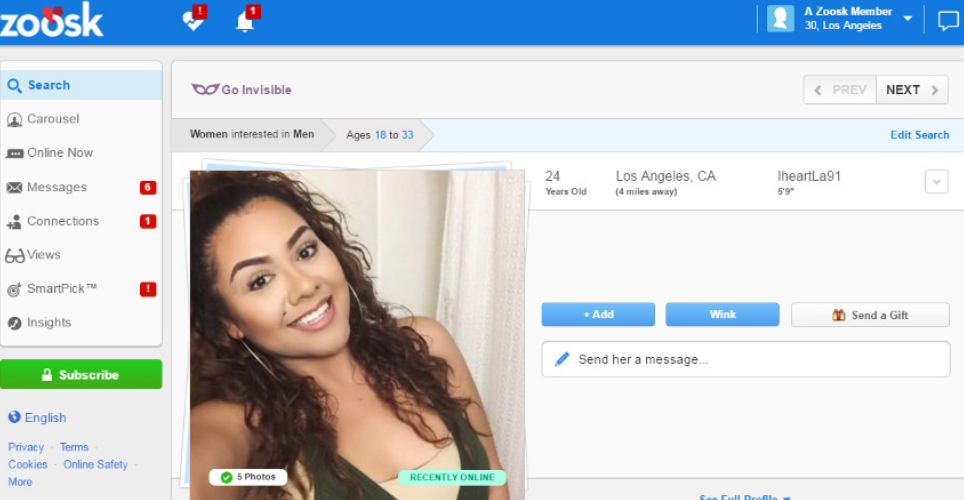
What could Zoosk Do to Improve Their Service For Other People?
There are a few things that Zoosk could do if it wanted to continue to encourage new users to join up. Don’t get me wrong, improving the searching and matching functions for women is a good start, and clearly it’s working, but Zoosk could be doing more for the LGBT+ community. When prospective users go to create Zoosk accounts, they’re given four ‘gender and preference options’. These are
- Woman interested in men
- Woman interested in women
- Man interested in men
- Man interested in women
As it’s Pride month for the LGBT+, and also just the decent thing to do, Zoosk should make sure that they’re offering options for bisexual and nonbinary people. It shouldn’t be that difficult for Zoosk to make new features for prospective bisexual members and, although there may be a little bit more effort required for nonbinary folk, it should pay off in terms of decency, inclusion and good PR.
Zoosk is an online dating platform with headquarters in the USA and a user base across North Africa and Europe, so they’re not lacking in prospective members. But as Zoosk has seen with their female-friendly alterations, something as simple as editing profile layouts can have a huge impact. To be honest, I wasn’t super familiar with the app and I don’t know anyone who uses Zoosk, so I think there are definitely still some potential users to sign up in the UK.
I think that an ad campaign, featuring the fact that they are good to their female users and therefore have plenty of female users to connect with would be a great place to start. Add in an inclusive and LGBT+ friendly service and I don’t see why Zoosk shouldn’t rival Tinder, Hinge or Bumble here in the UK.
Conclusion
Dating sites can be difficult places for women. Everyone knows a woman who’s received unwanted and explicit pictures or harassing and inappropriate messages, and so a dating site like Zoosk that can claim to provide women with a good experience should have no problem continuing to grow and reap the rewards of listening to their user base. I only hope that they continue to innovate and create a positive space for other demographics.



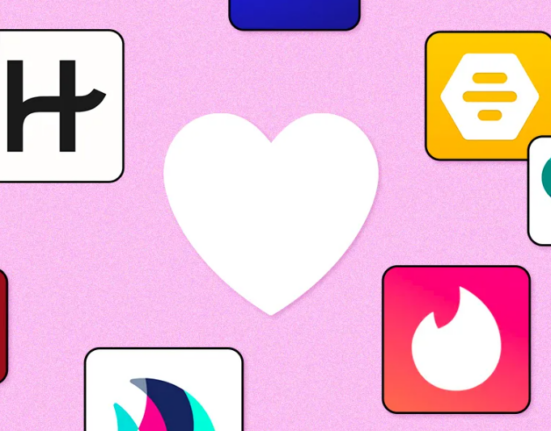
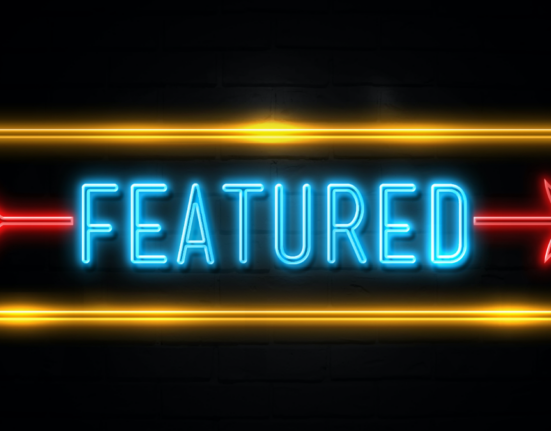
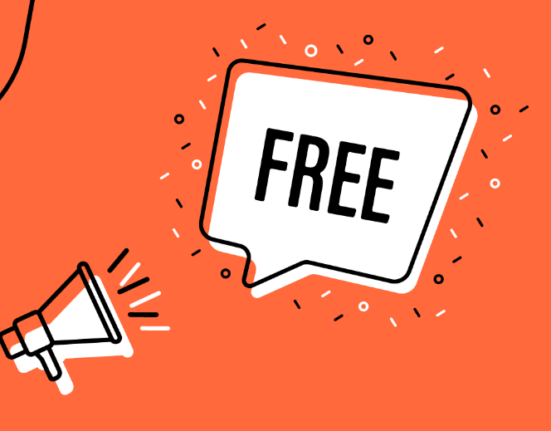

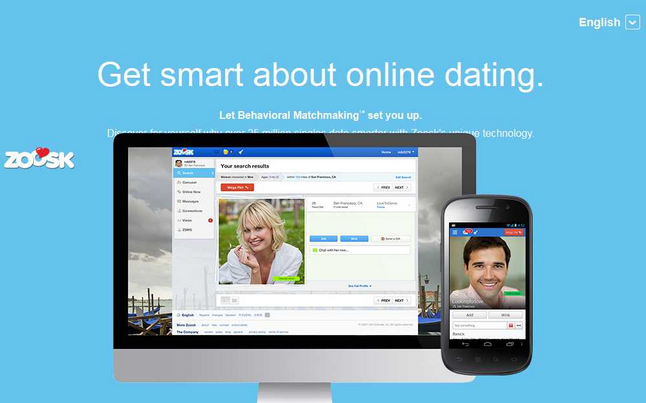


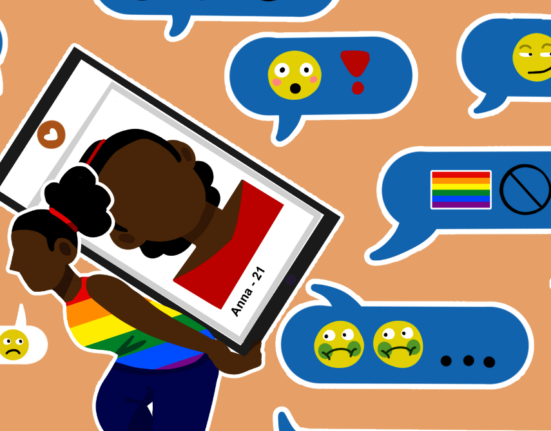
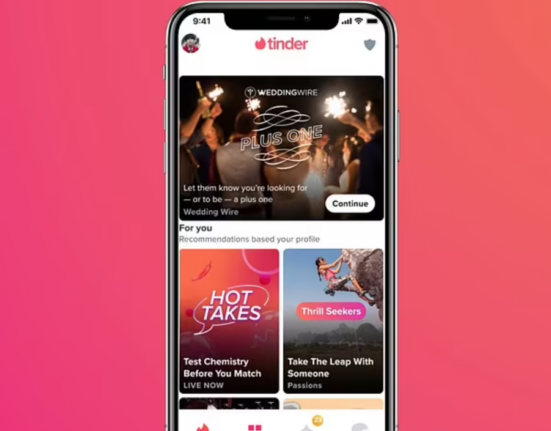


Leave feedback about this